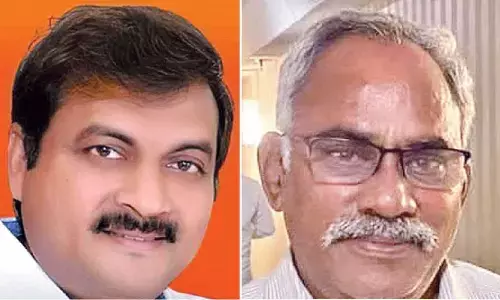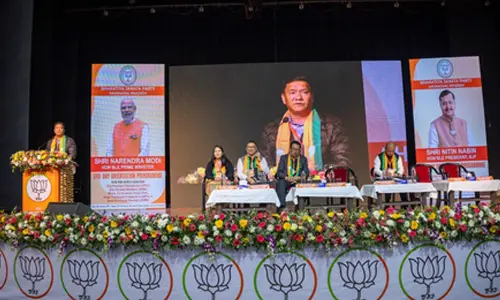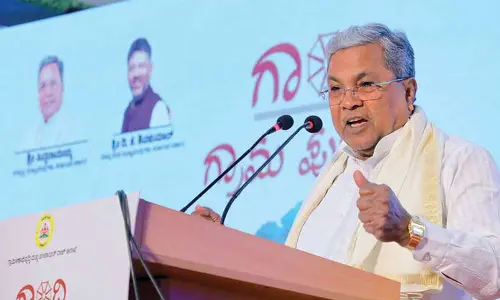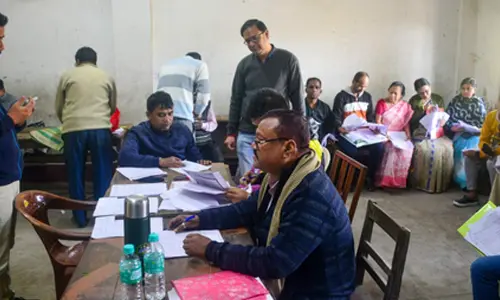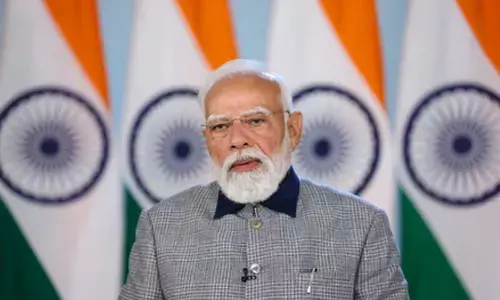Good Samaritans rescue people in terrible Corona crisis
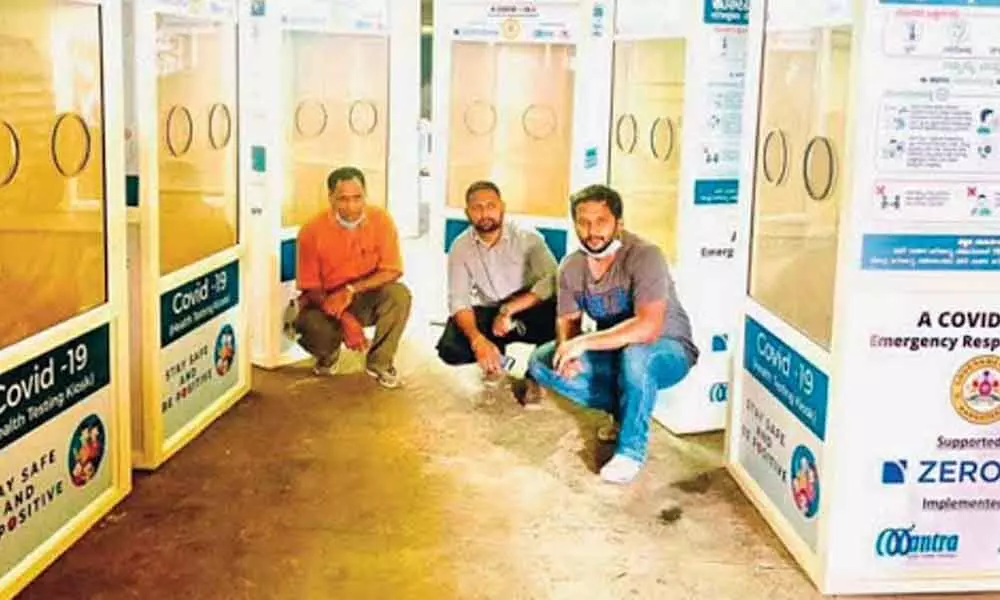
The Corona pandemic has drawn attention across the world to the vital roles of key workers such as those employed in healthcare and other public sectors work to control CORONA.
The Corona pandemic has drawn attention across the world to the vital roles of key workers such as those employed in healthcare and other public sectors work to control CORONA. But here are two young people, Puneeth T and Saravana based in Bengaluru has worked individually in addressing the issue of poor during a pandemic. The passion for their social work made them give up the corporate sector and enter in the social sector. They carry a rich experience of working in various international development organisations and also thereby managing the relationship with government, team management, program design and strategy. They were on a sabbatical and then this COVID- 19 Emergency started.
It all started when the Puneeth learnt about distress and hardship the poor were facing due to the lockdown, he decided to use his resources to help those in need and managed to join with some Government agencies volunteered during COVID-19 lockdown to support the vulnerable. When Puneeth shared photos of his volunteering work with Saravana, they offered to jointly coordinate the COVID-19 relief efforts. Since then, both have been actively helping the vulnerable resolve the issues they were facing during the lockdown period.
Puneeth T says, "I have studied engineering but am now involved in this social activity. Many organisations were working to provide food for the poor during COVID lockdown, but I feel medication is also a basic need for the poor, so initially we focused on providing medical stuff by reaching out the poor across the city with free medicines forhealth problems such as BP, diabetes and arthritis. It benefited 25 families with free medicines, then started with other activities. It was a tough and challenging time for us during this pandemic to move around. Although we were scared a bit too much in the initial days the passion to serve people is what made us go out with determination and dedication."
In initial days, they managed to join the war room set up by DIPR (Department of Information and Public Relation) to plan out the process. During lockdown 1.0, when all the economic activities came to a standstill, affecting the poorer section of our society, which includes daily wage labourers, auto drivers and factory workers who were dependent on their day-to-day income for survival that was not covered under India's Public Distribution System (PDS).
With the help of Government and corporation officials, they also identified families who needed an immediate supply of essentials like food and water. At a point, when the entire police force was working tirelessly for the proper implementation of the lockdown, Puneeth and Saravana lent a helping hand to hospitals and police department and assisted in the distribution of relief materials.
They also contributed to providing food for many stray dogs and Cats because most of these stray animals normally depend on food waste from restaurants for survival, which was no longer an option during the lockdown.
"I realised this was an emergency and being a volunteer even during before the days of COVID times, my volunteering work wouldn't have been meaningful if I hadn't gone to the field during this pandemic. We are glad that Puneeth and I built a team of volunteers which enabled us to serve people at scale. It has given us a hard-hitting experience, like lockdown 3.0 when migrant workers who were stranded all over the country were allowed to finally
travel back to their home towns. The process of identifying migrant labourers and registering them involved a lot of paperwork and was time-consuming. We worked by arranging food and water for the labourers who had to travel for one and a half days" Saravana shared his experience.
They have to continue doing what they have been doing so far, even after the lockdown is lifted, as COVID-19 cases are increasing day by day in the city.








